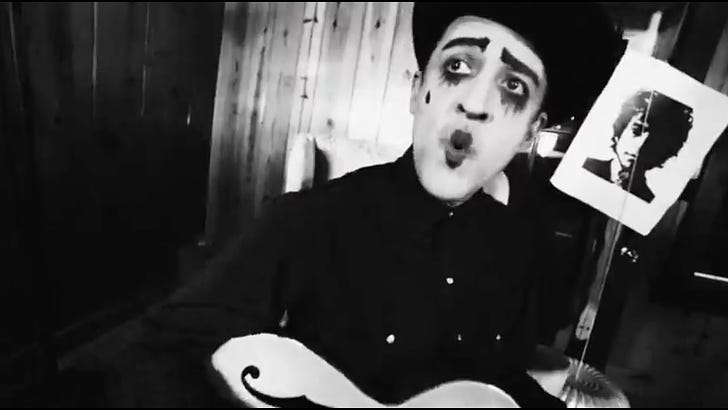The Nitty Gritty Dirt Band's new album, Dirt Does Dylan, may be my favorite record of Bob Dylan covers, and that is really saying something. There have been so many tributes and compilations by artists who do Dylan right: the Byrds, the Grateful Dead and Jerry Garcia, Joan Baez. Manfred Mann has done 20 Dylan songs, and that would be one great album, but I'm not aware the recordings have been compiled on one set.
In 1972, Mann produced an album called "Lo & Behold: Words and Music by Bob Dylan" by the foursome Coulson, Dean, McGuiness (sic) and Flint. It was a peek at then little heard basement tapes material and other bootlegged songs: "Don't You Tell Henry," "Odds and Ends." I recently dusted off my cherished vinyl copy (an Australian CD is sold by Amazon for $30.88 last time I looked). Tom McGuinness' name is spelled wrong on the cover of the Sire LP, and the recording is thin, without much bass or bottom. McGuinness was bass player in the Manfred Mann on the 1964 No. 1 "Doo Wah Did…
Keep reading with a 7-day free trial
Subscribe to Critical Conditions by Wayne Robins to keep reading this post and get 7 days of free access to the full post archives.



